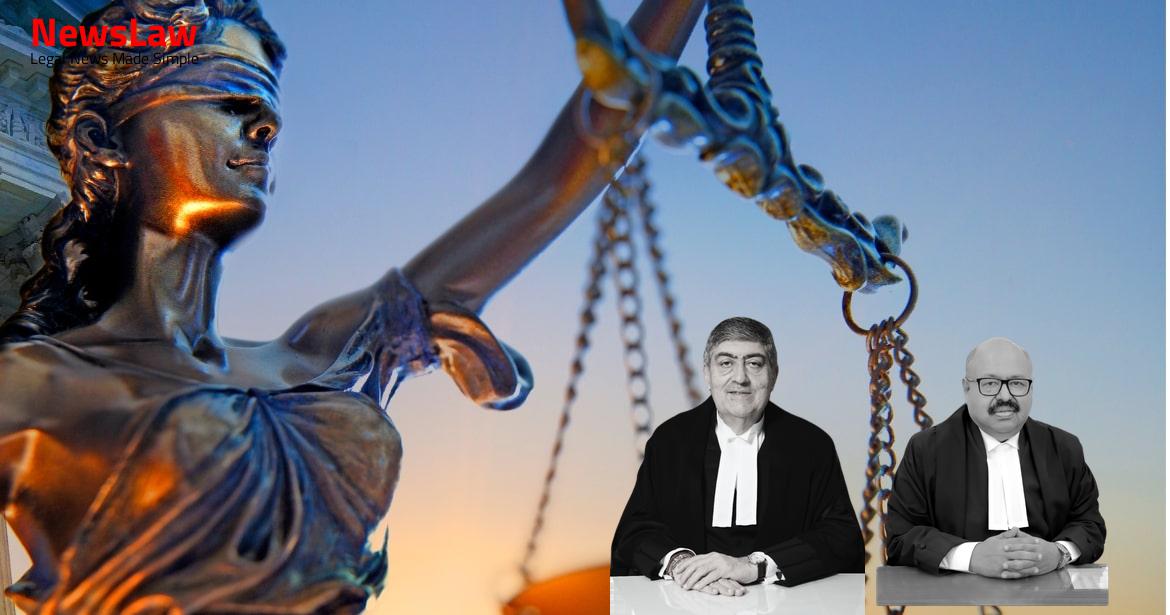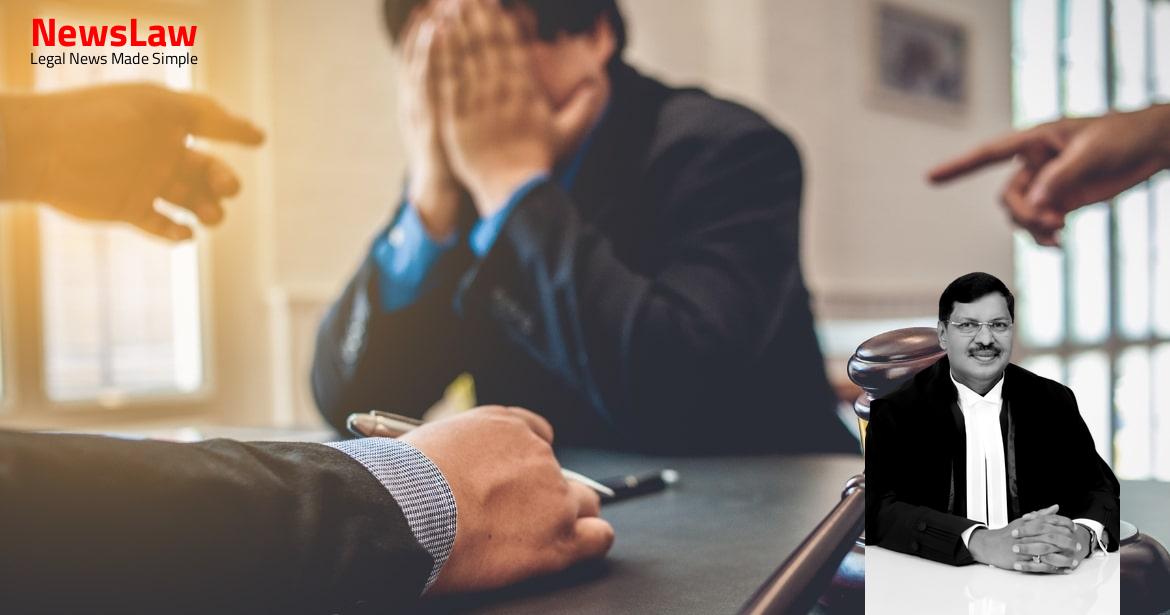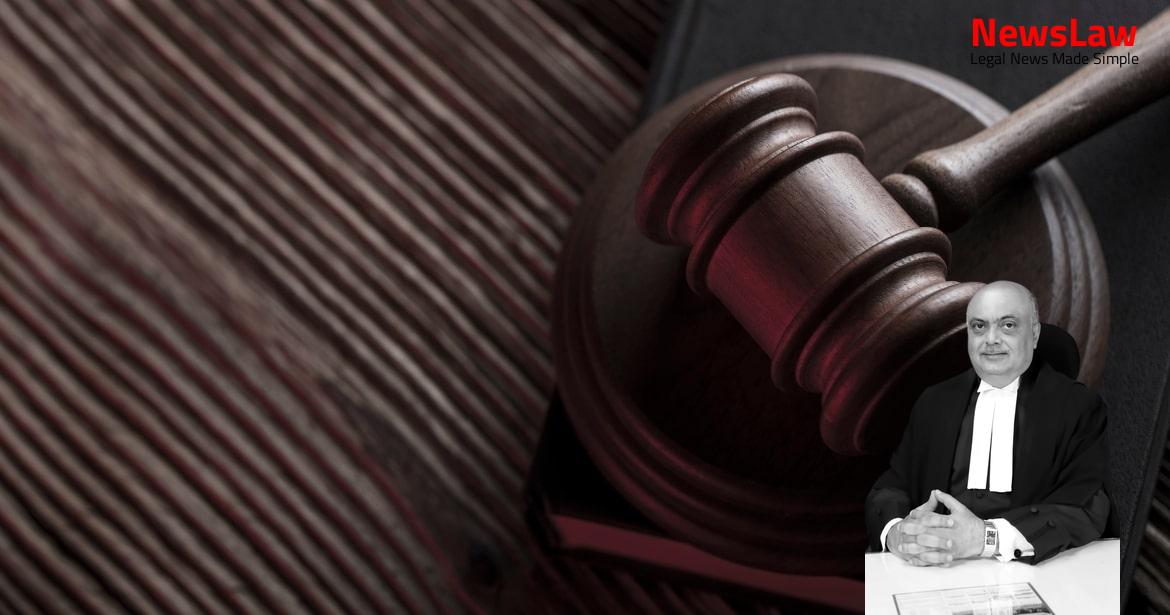In a recent legal case, the Supreme Court overturned a High Court’s judgment acquitting the accused, citing insufficient re-evaluation of evidence. The Court stressed the significance of following the proper legal procedure in appeals against acquittals, highlighting the double presumption in favor of the accused. The decision underscores the necessity for thorough legal analysis to avoid miscarriage of justice and maintain the integrity of the judicial process.
Facts
- The accused was charged for offences under Section 7 read with Sections 13(1) and 13(2) of the Act.
- The accused was working as an Assistant Director in ITI, Gandhi Nagar at the time of the alleged offences.
- The accused was convicted for offences under Section 7 read with Sections 13(1) & 13(2) of the Prevention of Corruption Act.
- The High Court acquitted the accused without detailed re-appreciation of the evidence on record.
- The State of Gujarat has appealed against the acquittal of the accused.
- The State’s appeal is based on the conviction by the Learned Special Judge after a full-fledged trial and evidence appreciation.
Also Read: Electoral Malpractices in Mayor Election
Analysis
- The High Court did not strictly follow the required procedure while dealing with the appeal against the conviction order.
- The presumption of innocence is fundamental and reinforced by the acquittal secured by the accused.
- The High Court was supposed to re-appreciate all evidence and reasoning while acting as the First Appellate Court.
- There should be special consideration for the double presumption in favor of the accused in case of an acquittal.
- The High Court did not provide a detailed re-appreciation of the evidence while acquitting the accused.
- The High Court is justified in setting aside an acquittal by the Trial Court even upon independent re-evaluation of the evidence.
- There are no restrictions on the Court of appeal when hearing an appeal against a conviction; they have broad powers to review evidence.
- In the case of Umedbhai Jadavbhai vs The State of Gujarat, the Supreme Court held that the High Court can independently reassess the evidence in cases of appeal against acquittal.
- High Court decision based on erroneous view of law
- High Court’s approach to evidence was illegal
- Acquittal led to grave miscarriage of justice
- Impugned judgment and order set aside
- Matter remanded to High Court for fresh consideration
- High Court should have been more careful in dealing with the case
- Disapproval of High Court’s handling of the appeal
Also Read: Balancing Power and Transparency: Electoral Bonds Struck Down, Disclosure Mandated
Decision
- Judgment and order dated 12.01.2015 in Criminal Appeal No.92 of 2003 passed by the High Court acquitting the accused quashed and set aside.
- Accused to be tried for the offences under the Act as per the appeal before the High Court restored to its original file.
Also Read: Recall of Resolution Plan Approval: Legal Analysis
Case Title: THE STATE OF GUJARAT Vs. BHALCHANDRA LAXMISHANKAR DAVE (2021 INSC 53)
Case Number: Crl.A. No.-000099-000099 / 2021



